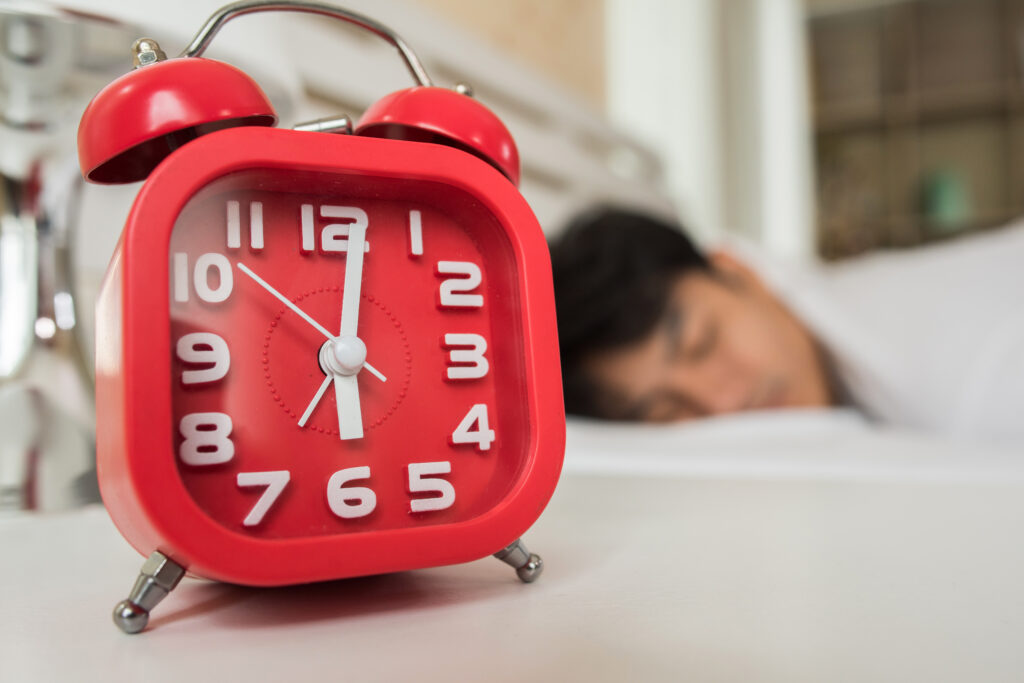Sleep is often overlooked in our fast-paced world, yet it plays a critical role in both physical and mental health. For many, brushing off a few nights of poor sleep is easy, thinking they can catch up later. But what if I told you that consistent, quality sleep is not just about feeling refreshed—it’s essential for maintaining a healthy mind? The connection between sleep and mental wellness is far deeper than most people realize.
In this blog, we’ll explore how sleep affects mental health, why it’s so important, and how you can improve your sleep to boost your mental well-being.
The Science of Sleep and Mental Health
Your brain is incredibly active during sleep, performing vital functions that affect how you think, feel, and behave. Sleep is like a reset button for your brain, allowing it to process emotions, consolidate memories, and regulate mood. When you don’t get enough rest, these essential processes are disrupted, leading to a host of mental health issues, including anxiety, depression, irritability, and stress.
Research shows that sleep and mental health have a two-way relationship. Sleep problems can lead to mental health disorders, and mental health conditions, such as depression and anxiety, can disrupt sleep. This creates a vicious cycle that can be difficult to break.

How Lack of Sleep Affects Mental Wellness
When you don’t get enough sleep, your body and mind suffer. Here are some of the ways poor sleep impacts mental health:
- Mood swings and irritability: Without proper sleep, you may find yourself feeling more emotionally sensitive, moody, and quick to anger.
- Decreased cognitive function: Sleep deprivation slows down thinking, impairs memory, and makes it harder to concentrate.
- Increased stress and anxiety: Lack of sleep raises stress hormone levels, making it harder to cope with daily challenges.
- Higher risk of depression: Chronic sleep problems can increase the risk of developing depression or worsen existing symptoms.
- Weakened emotional regulation: Sleep is crucial for managing emotions. Without enough rest, even small problems can seem overwhelming.

The Healing Power of Quality Sleep
Now that we understand how lack of sleep can harm mental health, let’s look at the positive side: how good sleep can be healing and protective for your mind.
- Emotional stability: A good night’s sleep helps your brain process emotions, so you can respond to challenges in a balanced, thoughtful way. This leads to fewer emotional outbursts and better coping skills.
- Better decision-making and focus: Restorative sleep improves cognitive function, allowing you to think clearly and make sound decisions. It’s easier to stay focused and productive after a restful night.
- Reduced anxiety and stress: Sleep helps regulate stress hormones like cortisol. When you’re well-rested, you’re better equipped to handle stressful situations without feeling overwhelmed.
- Improved resilience: With proper sleep, you’re more mentally resilient, meaning you’re better able to bounce back from setbacks or difficult situations.

How to Improve Your Sleep for Mental Wellness
If you’re struggling with sleep, improving your habits can lead to significant improvements in your mental health. Here are some tips to help you sleep better and support your mental wellness:
- Create a sleep routine: Go to bed and wake up at the same time every day, even on weekends. This helps regulate your body’s internal clock and makes it easier to fall asleep and wake up naturally.
- Optimize your sleep environment: Make your bedroom comfortable and relaxing. Keep the room cool, dark, and quiet. Remove distractions like electronics, and invest in a good mattress and pillows.
- Limit screen time before bed: The blue light from phones, computers, and TVs can interfere with your body’s ability to produce melatonin, a hormone that helps you sleep. Try to avoid screens at least an hour before bedtime.
- Practice relaxation techniques: Wind down before bed with calming activities like reading, meditation, or deep breathing exercises. This signals to your brain that it’s time to relax and prepare for sleep.
- Avoid caffeine and heavy meals before bed: Stimulants like caffeine or eating large, rich meals late at night can make it harder for you to fall asleep. Try to finish eating at least two to three hours before bedtime.
- Exercise regularly: Physical activity during the day helps you sleep better at night. Even light exercise, like walking, can improve sleep quality, but try to avoid intense workouts close to bedtime.

Final Thoughts: Sleep as a Pillar of Mental Health
Sleep is one of the most powerful tools we have for maintaining good mental health. While it’s easy to push sleep aside in favor of more pressing tasks, prioritizing quality rest is essential for emotional balance, cognitive function, and overall mental well-being. By making sleep a priority in your life, you can improve your mental resilience, reduce stress, and lead a happier, healthier life.
In a world that never seems to stop, remember that sleep isn’t a luxury—it’s a necessity for your mind and body. Give yourself the gift of good sleep, and you’ll be rewarded with a sharper mind, a calmer spirit, and a brighter outlook on life.








